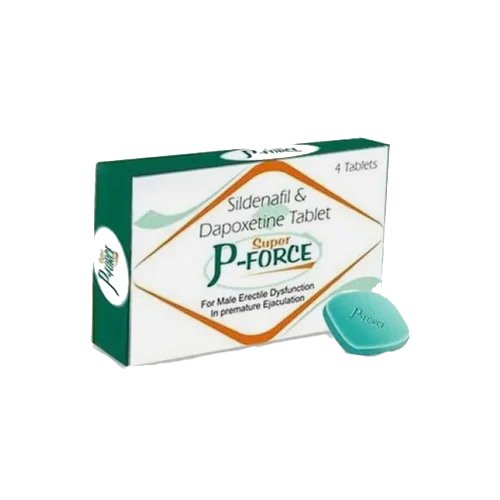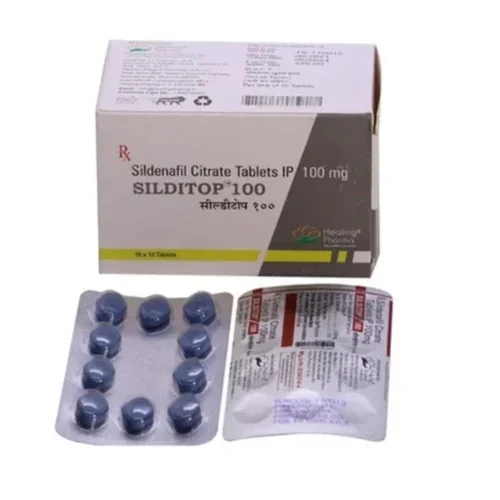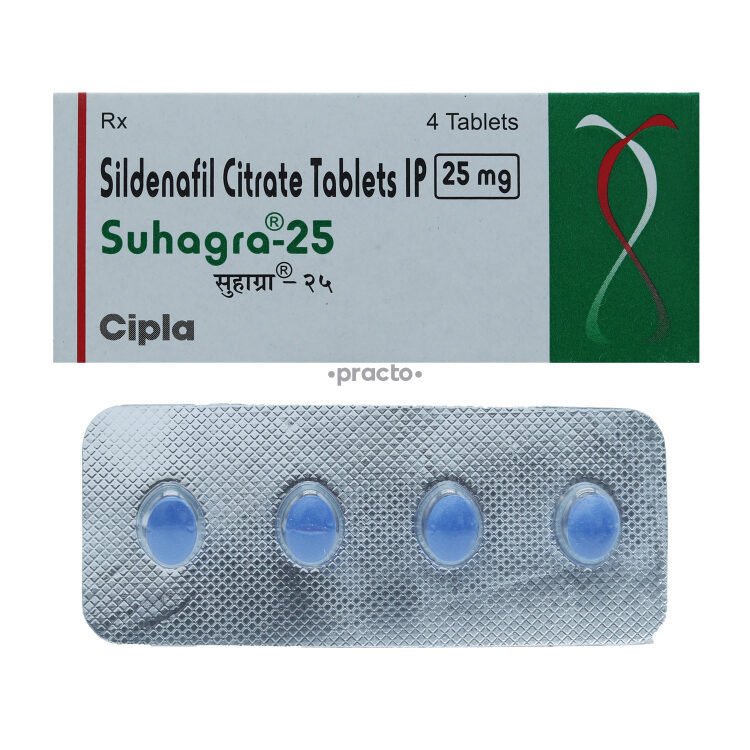How Hormonal Imbalance Affects Men’s Sexual Health
Are you struggling with unexplained changes in your sexual health? 🤔 You’re not alone. Millions of men worldwide grapple with issues like low libido, erectile dysfunction, and fertility concerns without realizing that hormonal imbalance might be the culprit.
Hormones play a crucial role in regulating our bodies, including our sexual function. When these chemical messengers fall out of balance, it can wreak havoc on your sex life, leaving you frustrated and confused. But here’s the good news: understanding the link between hormonal imbalance and sexual health is the first step towards reclaiming your vitality.
In this blog post, we’ll dive deep into the world of male hormones and their impact on sexual wellness. From exploring how hormonal shifts affect your libido to uncovering the connection between hormones and erectile function, we’ll equip you with the knowledge you need to take control of your sexual health. So, let’s embark on this journey to discover how hormonal balance can be the key to unlocking a more satisfying and vibrant sex life. 🔓💪
Understanding Hormonal Imbalance in Men
Key hormones affecting male sexual health
Several hormones play crucial roles in male sexual health:
- Testosterone: The primary male sex hormone
- Estrogen: Present in small amounts in men
- Follicle-Stimulating Hormone (FSH): Regulates sperm production
- Luteinizing Hormone (LH): Stimulates testosterone production
- Prolactin: Influences sexual function and libido
These hormones work in concert to maintain proper sexual function, libido, and fertility in men.
Common causes of hormonal imbalance
Hormonal imbalances can stem from various factors:
- Aging (natural decline in testosterone)
- Stress and poor lifestyle habits
- Certain medications
- Underlying health conditions (e.g., obesity, diabetes)
- Endocrine disorders
- Environmental toxins
Signs and symptoms to watch for
Men experiencing hormonal imbalance may notice:
- Decreased libido
- Erectile dysfunction
- Fatigue and low energy
- Mood changes (irritability, depression)
- Muscle mass loss and increased body fat
- Hair loss or thinning
- Reduced bone density
- Sleep disturbances
Recognizing these symptoms early can lead to timely intervention and treatment. If you experience persistent symptoms, it’s crucial to consult a healthcare professional for proper diagnosis and management. Next, we’ll explore how hormonal imbalances specifically impact libido and sexual desire in men.
Impact on Libido and Sexual Desire
Low testosterone and decreased sex drive
Low testosterone, often referred to as “low T,” can significantly impact a man’s libido and sexual desire. As the primary male sex hormone, testosterone plays a crucial role in maintaining sexual function. When levels drop below normal, men may experience:
- Reduced interest in sexual activities
- Difficulty getting aroused
- Fewer spontaneous erections
- Decreased sensitivity to sexual stimuli
These symptoms can lead to a decline in overall sexual satisfaction and potentially strain intimate relationships.
Estrogen levels and their effect on arousal
While estrogen is typically associated with female sexual characteristics, it also plays a vital role in male sexual health. Balanced estrogen levels are essential for:
- Maintaining libido
- Supporting erectile function
- Regulating mood and emotional well-being
However, when estrogen levels become too high relative to testosterone, it can lead to decreased sexual desire and performance issues.
Thyroid hormones and sexual interest
The thyroid gland produces hormones that regulate metabolism and energy levels, which indirectly affect sexual function. Imbalances in thyroid hormones can lead to:
- Fatigue and low energy, reducing interest in sex
- Mood swings and depression, impacting libido
- Changes in body weight and composition, affecting self-esteem
Both hypothyroidism and hyperthyroidism can contribute to sexual dysfunction in men.
Cortisol’s role in stress-related sexual issues
Cortisol, often called the “stress hormone,” can have a significant impact on sexual desire when levels are chronically elevated. High cortisol levels can:
- Suppress testosterone production
- Increase anxiety and tension
- Disrupt sleep patterns
- Reduce overall energy and vitality
These factors combined can lead to a decreased interest in sexual activities and difficulty becoming aroused. Managing stress and cortisol levels is crucial for maintaining a healthy sex drive.
Now that we’ve explored how various hormones affect libido and sexual desire, let’s examine the specific ways hormonal imbalances can contribute to erectile dysfunction.
Erectile Dysfunction and Hormonal Factors
Testosterone’s influence on erectile function
Testosterone plays a crucial role in erectile function, acting as the primary male sex hormone. It affects various aspects of sexual health, including:
- Libido and sexual desire
- Penile tissue health
- Nitric oxide production (essential for blood flow)
- Erectile response to sexual stimuli
Low testosterone levels can significantly impact a man’s ability to achieve and maintain an erection. This condition, known as hypogonadism, is a common cause of erectile dysfunction (ED) in men.
Other hormones contributing to ED
While testosterone is the most well-known hormone affecting erectile function, several other hormones can contribute to ED:
- Prolactin: Elevated levels can suppress testosterone production
- Thyroid hormones: Both hyper- and hypothyroidism can affect sexual function
- Cortisol: Chronic stress and high cortisol levels can interfere with testosterone production
- Growth hormone: Deficiency may contribute to ED and reduced libido
Hormone-related vs. other causes of ED
It’s important to distinguish between hormone-related ED and other causes. Hormonal imbalances account for about 10-20% of ED cases. Other factors include:
- Cardiovascular issues
- Neurological disorders
- Psychological factors (stress, anxiety, depression)
- Medications
- Lifestyle choices (smoking, alcohol consumption, lack of exercise)
Identifying the root cause is crucial for effective treatment. While hormone therapy may be beneficial for hormone-related ED, it may not address ED stemming from other factors. A comprehensive evaluation by a healthcare professional is essential to determine the most appropriate treatment approach.
Fertility and Sperm Production Concerns
Hormonal imbalance and sperm quality
Hormonal imbalances can significantly impact sperm quality, a crucial factor in male fertility. When key hormones like testosterone, follicle-stimulating hormone (FSH), and luteinizing hormone (LH) are out of balance, it can lead to various issues with sperm production and quality. Some of the ways hormonal imbalance affects sperm quality include:
- Reduced sperm morphology (shape and structure)
- Decreased sperm viability
- Impaired sperm maturation
- Increased DNA fragmentation in sperm cells
Impact on sperm count and motility
Hormonal imbalances can have a direct effect on both sperm count and motility, two critical factors in male fertility:
- Sperm Count:
- Low testosterone levels can lead to decreased sperm production
- Elevated estrogen levels may suppress sperm production
- Imbalances in FSH and LH can disrupt the sperm production process
- Sperm Motility:
- Hormonal imbalances can affect the energy metabolism of sperm cells
- Reduced testosterone levels may lead to poor sperm motility
- Thyroid hormone imbalances can impact sperm movement and function
Hormones affecting male reproductive organs
Several hormones play crucial roles in the proper functioning of male reproductive organs:
- Testosterone: Essential for sperm production and maintaining testicular function
- FSH: Stimulates sperm production in the testes
- LH: Triggers testosterone production in Leydig cells
- Prolactin: Influences testosterone production and sperm quality
- Thyroid hormones: Affect testicular development and function
Imbalances in these hormones can lead to various issues, including testicular atrophy, reduced sperm production, and impaired function of accessory glands. Understanding the intricate relationship between hormones and male reproductive health is crucial for addressing fertility concerns effectively. With this knowledge, we can now explore strategies for addressing hormonal imbalances to improve overall sexual health.
Addressing Hormonal Imbalance for Better Sexual Health
Lifestyle changes to naturally balance hormones
To address hormonal imbalance and improve sexual health, men can make several lifestyle changes:
- Get adequate sleep (7-9 hours per night)
- Limit alcohol consumption
- Quit smoking
- Reduce exposure to environmental toxins
- Maintain a healthy weight
These changes can help regulate hormone production and improve overall well-being.
Dietary adjustments for hormonal health
A balanced diet plays a crucial role in hormone regulation. Consider incorporating:
- Lean proteins (fish, poultry, beans)
- Healthy fats (avocados, nuts, olive oil)
- Fiber-rich foods (whole grains, vegetables)
- Zinc-rich foods (oysters, pumpkin seeds)
- Vitamin D sources (fatty fish, egg yolks)
Avoid processed foods, excessive sugar, and trans fats, which can disrupt hormone balance.
Exercise and its impact on hormone levels
Regular physical activity can positively influence hormone levels:
- Engage in strength training to boost testosterone
- Incorporate high-intensity interval training (HIIT)
- Practice yoga for stress reduction and hormone balance
- Aim for at least 150 minutes of moderate exercise per week
Stress management techniques
Chronic stress can significantly impact hormone levels. Try these stress-reduction methods:
- Meditation or mindfulness practices
- Deep breathing exercises
- Regular massage or acupuncture
- Engaging in hobbies or relaxing activities
When to seek professional medical help
If lifestyle changes don’t improve symptoms, consult a healthcare provider. They may recommend:
- Hormone level testing
- Hormone replacement therapy
- Medications to address specific symptoms
Now that we’ve explored ways to address hormonal imbalance, let’s look at how these strategies can lead to improved sexual health and overall well-being.
Conclusion
Hormonal imbalances can significantly impact various aspects of men’s sexual health, from libido and erectile function to fertility. By understanding the role of hormones and recognizing the signs of imbalance, men can take proactive steps to address these issues and improve their overall sexual well-being.
If you’re experiencing symptoms of hormonal imbalance or concerns about your sexual health, don’t hesitate to consult with a healthcare professional. With proper diagnosis and treatment, many hormone-related sexual health issues can be effectively managed, leading to a more satisfying and fulfilling sex life. Remember, maintaining hormonal balance is crucial not only for sexual health but also for overall physical and mental well-being.













Add comment